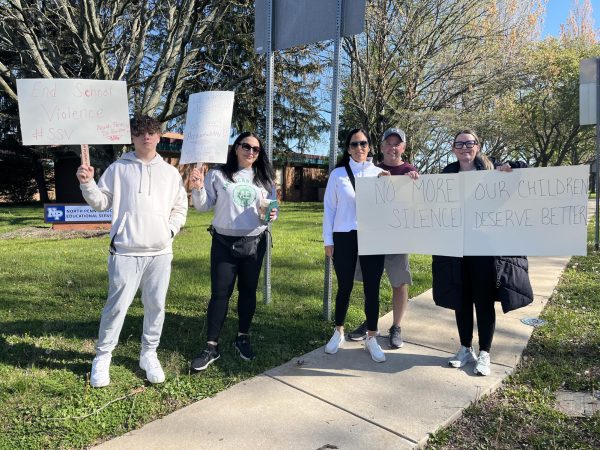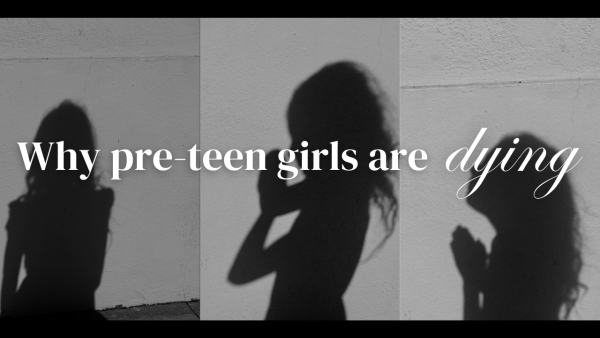More Heart and Fewer Chocolates
Is Valentine’s Day really as heartfelt as they say?

Workers at 1-800-FLOWERS.COM prepare floral arrangements, Tuesday, Feb. 13, 2007, as Valentines Day approaches in Bethpage, N.Y. (AP Photo/Frank Franklin II)
February 16, 2015
There’s a lot of cynicism surrounding February’s mid-month ‘holiday’ known as Valentine’s Day, and often it can be found in people who don’t have someone to celebrate the day with. However, the average observer of consumer trends also has another reason to be skeptical: in a fashion similar to Christmas (or any other ‘holiday’ in America, perhaps), the joy and true meaning of the day often get lost in the purchases and commercialism.
Although Valentine’s Day boasts an unclear origin story, it’s fairly certain it wasn’t created with chocolate, jewelry, and flowers in mind. The very beginning of the celebration is possibly connected with Valentinus, a Christian saint. It is rumored that he illegally officiated weddings for soldiers and Christians in the Roman Empire.
The Romans also had a hand in influencing Valentine’s Day; the Roman festival of Lupercalia was celebrated from February 13 to the 15, and involved activities such as matchmaking and fertility rituals. Emperor Claudius II executed two different men named Valentine on February 14 in different years, and the Catholic Church responded by honoring them with the celebration of Saint Valentine’s Day.
However, the day first became connected with romance during the time of Geoffrey Chaucer, in the very early Middle Ages. He and William Shakespeare both saw the mass marketability in the holiday, and chose to play it up in their works. Eventually, handmade cards became popular among Middle Age denizens, and from there, it seems the rest is history.
Just like Shakespeare and Chaucer, modern day companies see the massive potential in such a holiday, and play it up accordingly. The numbers don’t lie, with the average person shelling out $142 on the day’s various accoutrements: flowers, chocolate, jewelry, cards, and the like. With total spending predicted to be near 19 billion, it’s fair to say the holiday has become sufficiently taken over by corporations looking to maximize their customer’s spending. Second to Christmas, Valentine’s Day is the largest spending-fueled holiday of the year in America. For a holiday based around love, it sure seems to me to have shifted off-center to the objects of one’s love.
There’s no getting around corporatism in America anymore; villainizing every big company is futile. A healthy dose of capitalism never hurt anyone, but it just seems to me that we have become too heavy-handed. Granted, America has a staunchly entrenched culture around capitalism, but we also have a culture built and created on individuality, and that’s where I believe the true meaning of Valentine’s Day is lost. Does that Hallmark card or that expensive piece of jewelry really express love as well as a heartfelt gesture, perhaps a handwritten card or home cooked meal? Sometimes, to me it seems it doesn’t.
I would be remiss if I said store-bought items are never as good as something original; sometimes a small gesture is all money or time allots. However, those in love should not feel restrained by an ambiguous day started somewhere by the executions of two men in the Roman Empire. It seems to me that the people for whom Valentine’s Day is really meant shouldn’t need a day to denote their love for each other – they have every other day of the year for that. While I know it can be easy to get lost in the craziness of life and neglect some things, nobody should need a reminder to love reinforced by corporations. While corporations aren’t the enemy in this situation, they don’t need to be as big a winner as they are either.
Think twice before spending on a Valentine’s Day item; could it really express as much as something from the heart can? If that answer is no, reconsider how to say “I love you” on the next Cupid’s Day.



















